By Chris Hadley and David H. Schwartz
Note: A version of this article appeared in The Huffington Post, and can be viewed at this link.
Just as the constant problems of racism, sexism, homophobia and xenophobia continue to dominate daily life in modern society, movies and TV series continue to spotlight these important issues in an entertaining, thought provoking manner. So too does indie web series, which gives audiences and filmmakers from a wide variety of backgrounds a chance to tell their stories on their terms.
One of the many shows that balance strong storytelling and characters with distinctive social commentary is the award-winning comedy Shugs and Fats, created by and co-starring Nadia Manzoor and Radhika Vaz. The series centers around two Muslim women (Shugs, played by Manzoor, and Fats, played by Vaz) as they experience both the mundane aspects of life in Brooklyn, and the uncomfortably awkward cultural misunderstandings they face each day.
Another is Dark Justice, created by Mike Gerbino and starring Che Holloway as Amir Johnson, the only black cop in a small town police department that’s dominated by white officers. Even though he desires to keep his community safe, his job is made harder as a result of the department’s institutionalized racism, along with some well meaning yet ill-informed activists who seek to make his situation a public cause.
Manzoor and Vaz used their own experiences adjusting to life in America, and the discrimination they often faced, as comedic fodder for Shugs and Fats. “These characters (Shugs and Fats), and the scenarios that we put them in, are reflective of something I have faced in my home life as a Pakistani Muslim in the West – in terms of assimilating into the Western worldview, and also resistance to that,” Manzoor explains. “Now, we infuse a lot of experiences around being a woman in a enduringly patriarchal context into the show.”
With the epidemic of racially biased policing continuing to persist in America, Gerbino, who is white, created Dark Justice as a way to both satirize and spotlight that issue through comedy. “The goal of the show is to take the idea that there is a racial problem in our current system, and flatten it into an over-the-top satire in which the racism is simply a given in the world, and therefore, an impossible thing to fight,” he says.
Manzoor and Vaz believe Shugs and Fats will show viewers that, despite all the negative rhetoric, Muslims are just everyday people like us. “By showing the viewer the mundane through the eyes of our characters, we let them see that we all have the same dreams and aspirations,” Vaz says. “Fats wants Shugs to find a man. Shugs doesn’t necessarily want that in her life just yet, or perhaps ever. This generational struggle isn’t new to anyone, no matter (where) you are from. Once again, it’s about showing how we are so alike, even though we look different.”
Even though Dark Justice is a comedy, Gerbino hopes his series can show that positive change in America’s police departments must start from within. “Sure, it’s funny to see an unapologetically, openly racist cop be oblivious to the optics of his racism (in Dark Justice), but we’re also hoping to skewer this idea of ‘good cop, bad cop’, and show that even the good cop is going to fail until someone actually starts listening to their community,” he says. “Good intentions don’t mean much when the actions are completely misguided.”
Manzoor, Vaz and Gerbino feel that their shows will help viewers achieve both a greater level of acceptance of minorities, and a better understanding of the challenges they face. “Whenever I watch someone who doesn’t look like me (in a show or movie) going through something that I may have, it teaches me that we are all essentially the same. It makes me more tolerant,” Vaz adds. “That’s all I want – for people to have a sense of humor about themselves and others, and (to) not leap to judgement because someone has different colored skin, or hair, or whatever.”
“The thing (that) I hope is clear in Dark Justice is that the community isn’t wrong in their assumptions, and (in their) assessments of the cops in the story,” Gerbino says. “This is even more true in Season 2 (scheduled to begin filming in the next few weeks), and I think (that) is at the heart of the conversations we’re having today about police and racism. ‘Black Lives Matter’ is a phrase that, when completely separated from the ‘movement’ or ‘organization’, is just a true statement.”
Gerbino, Manzoor and Vaz encourage future web series creators to know where they stand on the issues, and to bravely present their efforts to the world – no matter how rough they may be. “Don’t let perfectionism get in the way of executing ideas and putting them out there. You grow from putting work out in the public eye, and then seeing how things land,” Manzoor says. “That’s the best way to get better. If you are convinced and inspired by an idea, do it, put it out there, and get better while you are doing it.”
“Clarify your position, your stance and your goal, even if that goal is to have an ambiguous position and stance,” adds Gerbino. “Be sure about your intentions before you put something out there designed to resonate and strike a cord with people who take the subject matter very personally. You have no idea how it might land for those people.”
SHUGS AND FATS:
DARK JUSTICE:

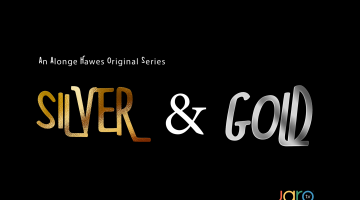
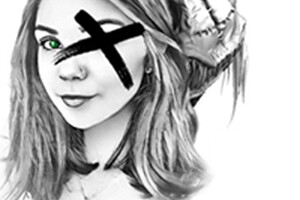


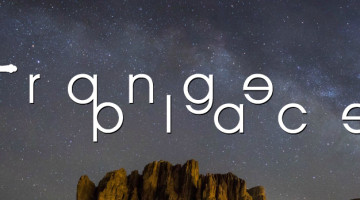
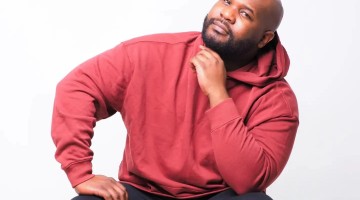
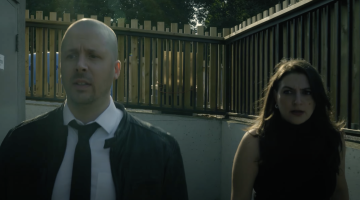
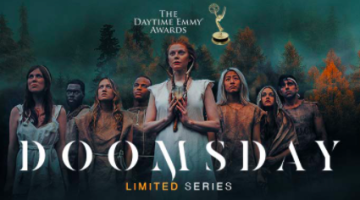
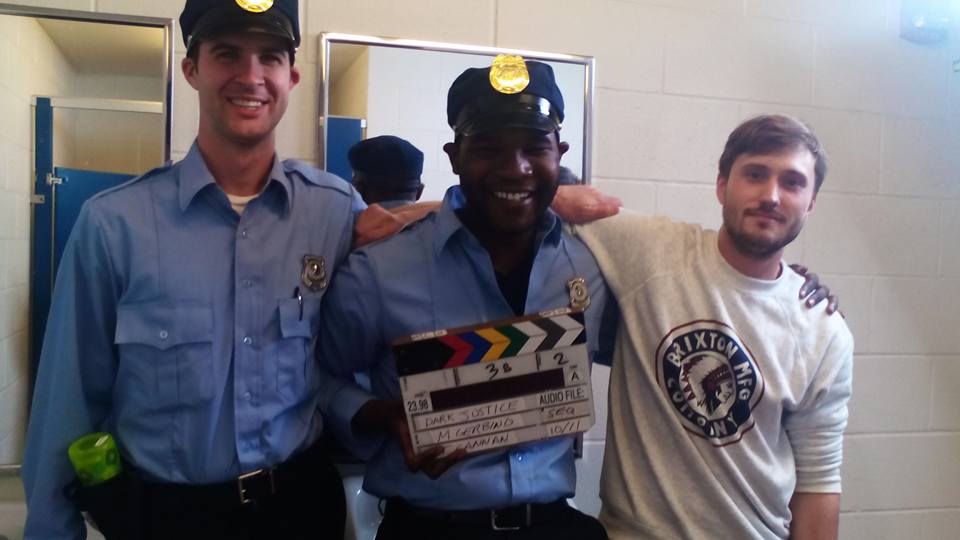
No Comment